Writing Program at UMASS Amherst
Writer’s Reflection In Three Parts
Teachers present the Writer’s Reflection essay to their students in various ways. Below is Anne Herrington’s three-part presentation of the unit from start to submission.
Your final project is to complete a review of your work for the semester. It includes three parts. The first part is an informal review of your major essays and other work for the semester; the second is a review of your work by a classmate; the third is a reflective essay on your work for the semester and yourself as a writer. You can think of the writing you have done as the data you will review and interpret for your reflective essay.
PART I: REVIEW OF YOUR WRITING FOR THE SEMESTER
The writing for this part is more like an exploratory draft: researching and brainstorming. Although it is informal, it is also important and requires a careful review and reflection on each of your writings. This work will provide the information for the reflective essay.
Review of Major Essays. Starting with your first essay, review and comment on each essay one by one. For each essay, do as follows:
- Note the title and say what you were doing in the essay (e.g. your purpose for yourself/readers, your persona or stance). For example, for this essay, I was trying to critique x, taking on the persona of. Or, 1 was writing to convince people that they should realize the importance of y and do something to. Or, I was reflecting on my own experience with z, writing primarily for myself to understand z better.
- Look through all of your work for the essay, and make notes about things that stand out to you:
issues that arose for you as you worked from one draft to the next; any major revision from one draft to another; any interesting moments you remember about writing the essay;
- These leads may also prompt your reflections: you like it because. ; you didn’t like it because. ; it was your favorite; something special came out of it; you learned something as a result of writing it; you felt better or worse as a result of writing it; you spent more/less time on it than usual.
- What did you learn or discover about your writing or yourself as a writer in working through this essay?
Review of Journal Writing: How have you used the journal? Any themes stand out to you? Specific entries or kinds of entries that stand out to you? How did you feel about keeping the journal? Can you see yourself keeping one in the future?
More global reflections: Think about how you write and do some writing about the following questions: [You might also want to review your first essay as you consider these questions.]
- What kind of writing have you done in the past? What do you do now?
- What sort of writing do you enjoy the most or find most satisfying or find you are best at? What sort of writing do you find most difficult or frustrating? Why?
- Consider specific aspects of your writing process such as first draft exploratory writing, getting responses, planning, organizing, revising, crafting your sentences, proof-reading and editing. Non-writing counts, too: sitting and thinking, talking to people, etc. Which of these gives you the least trouble? The most? why? Which is most satisfying? are you best at? Why?
- Compare your experience in this class to writing you have done before. Has your process changed? If so, how? How do you feel about the change?
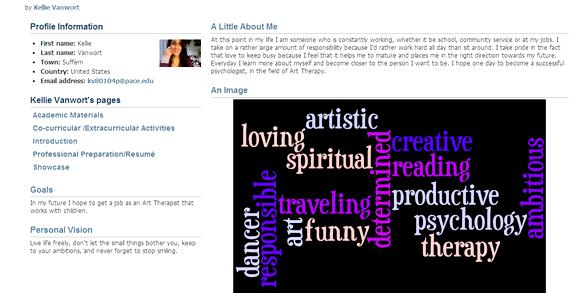
PART II: REVIEW OF YOUR WORK BY ANOTHER WRITER
In class, I’d like you to pair up with another writer with whom you feel comfortable and whose opinion you value. Each of you is to read and review your partner’s work and then write a one to two page letter to one another about your writing. I’ll give you more detailed guidelines in class, and we’ll devote a full class session to this. If you and your partner need additional time, you can complete the review outside of class.
After receiving feedback from another writer. I’d like you to read through all of your exploratory writing and the feedback you received. Then, think and write a bit about the following two questions. They are intended to help you synthesize some of your preliminary reflections and the feedback you received and look toward the future.
- What have you learned about yourself as a writer and about the process: characteristics and qualities of your writing process and/or your writing? themes? Style(s)/voice(s)? strengths/weaknesses?
- How do you see yourself as a writer in the future? What sort of writing do you see yourself doing or do you hope to be doing? Any agendas or goals for yourself for developing further as a writer?
PART III: WRITERS REFLECTION ESSAY
Finally, finally, you’ve reached the third and final part of this project. You’ve already done all the preliminary work, so now all you have to do is write an essay reflecting on yourself as a writer, drawing on what you’ve learned about yourself over the semester and what you speculate about yourself as a writer in the future. You decide what to focus on and how to compose the essay: what stands out now as most important to you about yourself as a writer and your writing? Just be sure to include both your reflective observations and specifics (e.g. reference to particular essays) to illustrate/develop your observations.
PREPARING YOUR WRITER’S REFLECTION ESSAY FOR SUBMISSION
Have all of your essays arranged in order. Place any final revisions placed atop the appropriate essays, with a cover note explanation why you chose to revise the essay and what you did for the revision.
Place your Writer’s Reflection essay atop everything. Include all parts: the exploratory review work, the review letter from a classmate, and the essay.


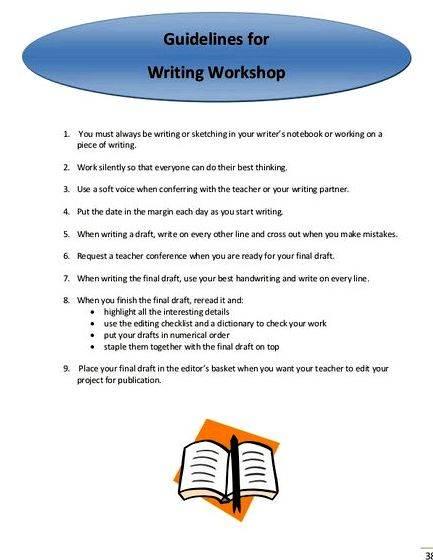


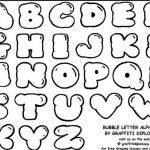 My room in bubble writing e
My room in bubble writing e My writing desk kaufen conjugation
My writing desk kaufen conjugation Writing about myself in spanish
Writing about myself in spanish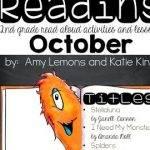 Amy lemons best friend writing
Amy lemons best friend writing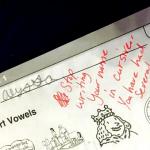 Writing your name in cursive
Writing your name in cursive






